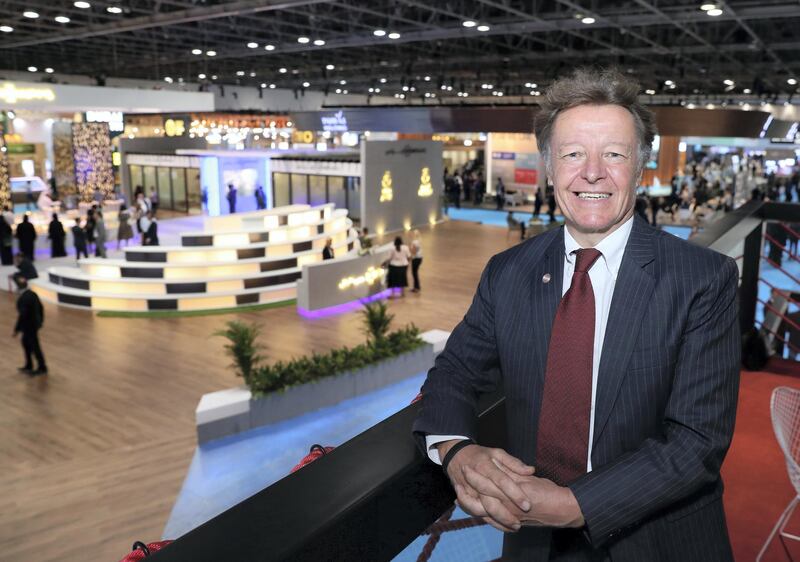Higher municipality fees on property in Abu Dhabi could potentially encourage more people to buy their home, providing the charges are among a range of incentives, analysts have said.
On Wednesday, it was announced that municipality fees have risen from 3 per cent to 5 per cent for "all premises" other than residential villas, which are subject to a 7.5 per cent charge, according to the website of the Abu Dhabi Distribution Company.
The changes mean that the charge for residential villas is to more than double tenants – paying Dh200,000 for an annual rental contract for a villa will now pay Dh1,250 a month in municipality fees, as opposed to the Dh500 a month they paid previously.
Only UAE nationals, homeowners and government employees whose rent is paid by the department or agency they work for are exempt.
The fee will be applied to bills as of May 17, 2018, almost one month before the details were announced and more than a week before the plans were first announced by The National.
At the time, it was unclear how much the increase would be; however, details of the levy have now been revealed by the ADDC, which collects municipality fees on behalf of the Department of Municipal Affairs and Transport.
JLL Mena’s head of research, Craig Plumb, said the move will make renting less attractive, but it will not necessarily encourage people to buy as the market is struggling because of uncertainty surrounding jobs.
“By reducing the attraction of the rental market, is that going to force many people to move and buy properties? By itself, probably not,” he said.
“This is just one initiative to boost sales. By itself it wouldn’t really make much difference. But if there are other incentives, including job creation and more government spending, this could be an extra factor to help.”
Mr Plumb said the Dh50 billion stimulus announced last week for Abu Dhabi will have an impact, but it has not yey moved the property market.
“It's still quite soft,” he said.
Rent may fall as a result for some, as some landlords may offer to reduce the price of their properties in compensation. But many will not.
“It will be the ones who do that will be the ones to attract tenants,” he said.
The 3 per cent of the value of an annual rental contract charge for tenants was announced in Abu Dhabi in February 2016 and introduced in last year.
_______________
Read more:
Q&A: What Abu Dhabi’s 3 per cent municipality fee means for you
Abu Dhabi cost of living increase leaves residents feeling the squeeze
Abu Dhabi homeowners told to alter value of homes to avoid municipality fee
_______________
Funds gathered through the fee go towards municipality use.
It is the latest in charges that have been introduced as the country as it seeks to diversify from oil and gas to a knowledge-based economy.
VAT at 5 per cent was imposed from January 1, while a 100 per cent tax on cigarettes and 50 per cent charge on energy drinks was brought in last October.
Yesterday, The National also reported that alcohol sold in off-licence outlets will be subject to a 30 per cent tax from June 15.
A Dh230 fee will also be introduced for special licenses, which enable non-Muslims to purchase alcohol. The licenses were previously free.
The most recent figures from the Statistics Centre Abu Dhabi show that consumer prices rose by 2.7 per cent in the first three months of this year, compared with the same period in 2017.







